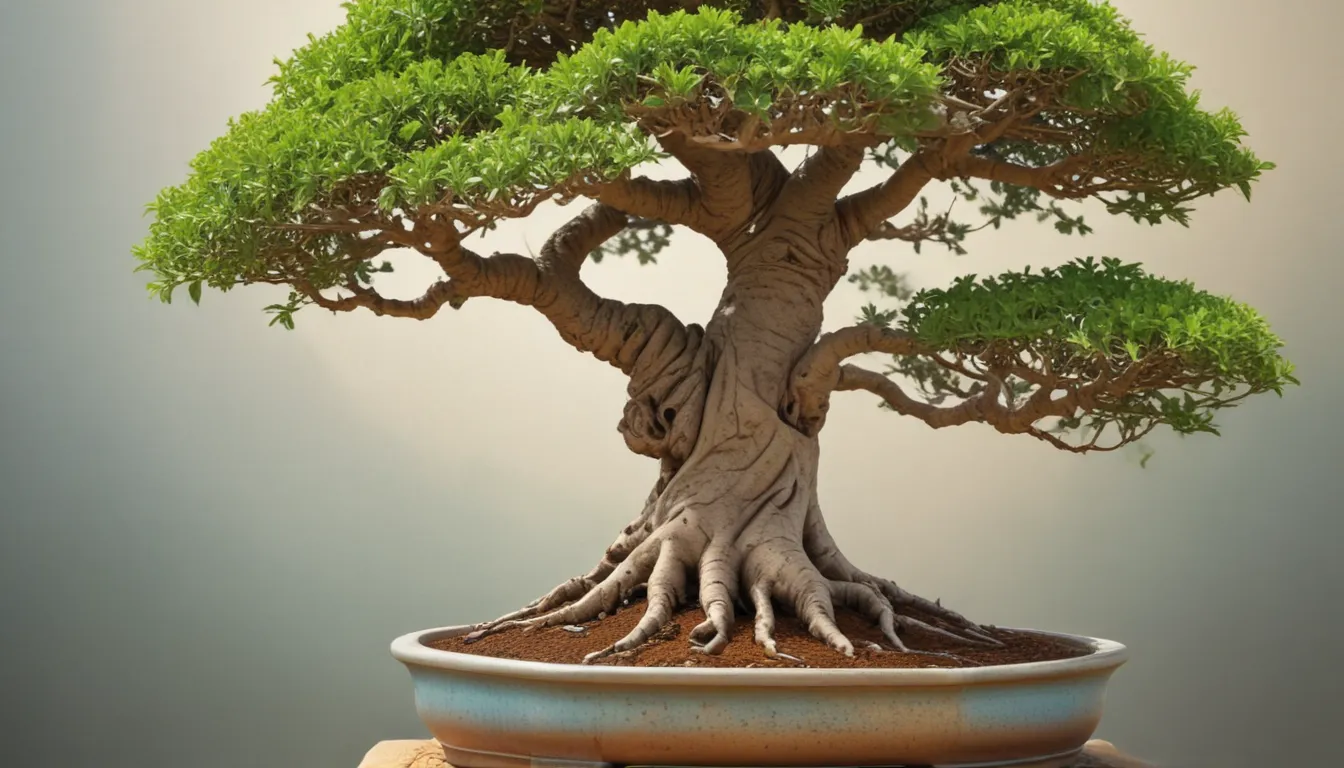
Bonsai trees have been cherished for centuries as symbols of peace, harmony, and balance in nature. These miniature masterpieces hold deep spiritual significance that goes beyond their aesthetic appeal. In this comprehensive guide, we’ll delve into the spiritual meaning of a bonsai tree, exploring its roots in Zen Buddhism, how it reflects life lessons, and why it remains a favorite among those seeking serenity and wisdom.
Bonsai Trees: A Brief History
Bonsai trees originate from China and Japan, where they have been cultivated since the 7th century. The art of bonsai is deeply rooted in Zen Buddhism, which emphasizes mindfulness, simplicity, and harmony with nature. Bonsai practitioners meticulously prune and train their trees to emulate the beauty found in the natural world while encouraging a deeper connection with the cosmic order.
Spiritual Meaning: Zen Buddhism and Bonsai Trees
At its core, bonsai is an expression of Zen philosophy that emphasizes mindfulness and spiritual growth. The art of bonsai requires patience, precision, and a deep understanding of nature’s rhythms. As you tend to your tree, you learn valuable life lessons about balance, impermanence, and the interconnectedness of all things.
Impermanence (Mutability)
The Japanese philosophy of “mono no aware” teaches us to accept the transient nature of life. Bonsai trees remind us that growth and decay are part of a continuous cycle. By caring for a bonsai tree, you’re reminded to cherish each moment because nothing lasts forever.
Balance (Yin and Yang)
Bonsai artists strive to create harmony in their miniature landscapes by balancing form and texture. This balance represents the yin-yang concept from Taoism, emphasizing the importance of finding equilibrium within ourselves and our surroundings.
Connection with Nature
Bonsai trees foster a deep sense of connection with nature by encouraging us to slow down and appreciate the intricate details of the natural world. In this way, bonsai practice can lead to greater mindfulness and an increased awareness of one’s environment.
Practical Lessons from Bonsai Trees
Bonsai trees offer practical lessons that translate into everyday life:
Patience and Perseverance
Growing a healthy bonsai tree requires time, dedication, and patience. The process teaches us to be patient with ourselves and others, knowing that growth takes time.
Resilience and Adaptability
Bonsai trees are pruned, shaped, and trained over time to grow in specific ways. This process mirrors the challenges we face in life, reminding us to adapt and overcome obstacles with resilience.
Mindfulness and Focus
Tending to a bonsai tree requires deep concentration and mindfulness. As you prune branches and shape roots, you learn to focus on the present moment, cultivating inner peace and tranquility.
Caring for Your Bonsai Tree: A Ritual of Connection
Bonsai care is more than just watering and fertilizing. It’s a ritual that connects you with the natural world and encourages mindfulness:
- Watering: Regularly water your bonsai tree according to its specific needs, being mindful of how much and when to water for optimal growth.
- Pruning: Trim back overgrown branches and shape your tree as it grows, practicing patience and precision in your work.
- Fertilizing: Provide your tree with the necessary nutrients through balanced fertilizers, supporting its health and vitality.
- Repotting: Periodically repot your bonsai to ensure it has adequate room to grow, maintaining a harmonious relationship between the tree and its container.
- Reflecting: As you care for your bonsai, take time to reflect on its beauty and the lessons it teaches about life, balance, and spiritual growth.
In Conclusion
The spiritual meaning of a bonsai tree transcends its aesthetic appeal, offering valuable life lessons rooted in Zen philosophy. By cultivating a connection with nature through bonsai practice, we can develop patience, resilience, mindfulness, and an appreciation for the interconnectedness of all things. As you tend to your bonsai tree, remember that it serves as a reminder of our place within the greater cosmic order – one of balance, impermanence, and harmonious growth.





